What to Look For in the 2023 Legislative Session, a guide from RIFPC’s policy experts:
On January 3, the Rhode Island General Assembly began its 2023 legislative session. The Governor and House and Senate leadership have already staked out the key areas that they will focus on, which include tax cuts, affordable housing and homelessness, education funding, abortion, shoreline access, nursing home staffing, and the police bill of rights. Food system
issues did not make their list of top issues, but many legislators have expressed strong interest in addressing food system issues this year.
Here are some bills to watch out for:
- Healthy school meals for all – The campaign to ensure that all elementary and secondary students attending public school can access a healthy school lunch will continue in Rhode Island. Rep. Ranglin-Vassell has been a tireless advocate for this legislation (previously called the universal free lunch program), and she and Senator Cano may introduce a bill again this year.
- Cottage food regulations – The revisions to the state’s cottage food regulations that passed in last year’s budget were a great step forward in enabling a wider and more diverse group of cottage food businesses to start and grow in Rhode Island (our state previously had some of the most restrictive cottage food regulations in the country). A working group of businesses and non-profits are working on additional potential regulatory improvements this year.
- Preserving agricultural lands – Back in 1981, Rhode Island legislators created the Farmland Preservation Act (RIGL 42-82) in order to slow down the rapid loss of farmland and ensure that prime farms could be preserved for the food security and quality of life of future generations. Since then, funding for farmland protection has been provided through state green bonds and
matched by federal and other sources. Dedicated funding in the 2022 green bond was omitted, so legislators are expected to address that gap in this year’s budget negotiations. - Supporting fruit and vegetable incentives for SNAP users — $11 million in funding was allocated to support the roll-out of SNAP incentives for fruit and veggies in grocery stores last year. Sen. Lawson and Rep. Barros were strong advocates for this funding and they may continue to promote legislation and/or budget requests to support roll-out and expansion of
the program. - Supporting emergency food providers – The state’s 2023 budget included new and additional funding of $20 million to support organizations providing emergency assistance for housing, food, or mental health services in Rhode Island. Inflation, reduced federal assistance and many other factors will continue to drive the need for these emergency services and legislators may
respond by making a similar allocation in this year’s budget. - Reducing wasted food – Momentum is building in Rhode Island and many other states to encourage excess food (such as leftovers from restaurants, caterers and food retailers) to be donated to organizations that serve food insecure people rather than ending up in our landfill. A number of federal laws support this effort, including the Food Donation Improvement Act (FDIA) passed in December 2022. Building on that momentum, a bill that would establish tax incentives for qualified food donations will likely be introduced in Rhode Island this year.
- Removing neonicotinoids from our food system – Last year’s General Assembly passed a law restricting the use of pesticides containing neonicotinoids (Rep. Kislak and Sen. Miller were the sponsors), but many environmental organizations would like to see the restrictions further clarified and tightened, and last year’s sponsors may continue to work on this issue.
- Increasing organic waste composting and anaerobic digestion– Sen. Valverde may continue to push for an increased food waste ban to stimulate more diversion of food and organic waste out of the landfill and into composting or anaerobic digester facilities. There is also widespread interest in legislation that could support other improvements to the state’s organic waste infrastructure, such as funding technical assistance to help businesses divert their organic waste, and stronger state-level incentives for new composting and anaerobic digestion capacity.
- Restrictions on farm breweries and micro-breweries – Rhode Island’s network of micro-breweries and farmer-breweries operate under some of the strictest limits on allowable sales in New England. Ongoing efforts by Sen. Murray and Rep.’s Hagan McEntee and Caldwell gained modest increases in allowable on-premise and off-premise sales limits in 2021 and 2022, but brewers may continue to push for fewer restrictions Climate change – Reducing greenhouse gas emissions in Rhode Island will continue to be an important area of legislative activity and budget negotiations this year. While many of these bills will have no immediate impact on our food, climate change is having a profound and disruptive long-term impact on our food system, so progress in this area is worth watching.

